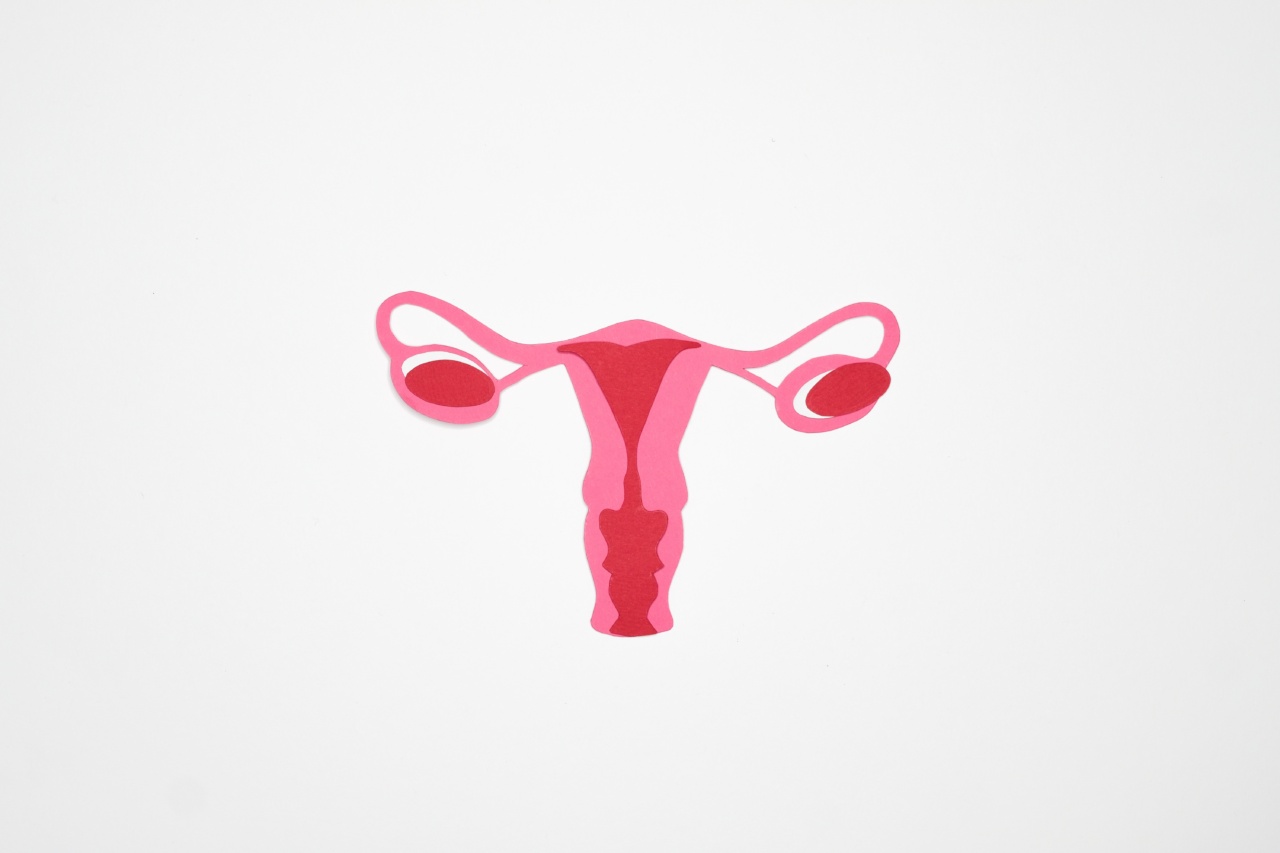There are many reasons why a woman’s ovaries may become dormant or stop functioning. As women age, their ovaries gradually stop producing as many eggs, leading to menopause.
However, other factors such as stress, poor nutrition, and certain medical conditions can also cause ovaries to become inactive at a younger age.
If you are experiencing symptoms of ovarian dysfunction, such as irregular periods or infertility, you may be wondering how to revive your dormant ovaries.
Fortunately, there are several steps you can take to support ovarian health and potentially improve your fertility.
1. Eat a Nutrient-Dense Diet
One of the best things you can do for your overall health, including your reproductive health, is to eat a diet rich in whole, nutrient-dense foods. Make sure you are getting plenty of protein, healthy fats, and a variety of fruits and vegetables.
Pay particular attention to foods that provide important micronutrients such as zinc, selenium, and vitamin D, which are essential for healthy ovulation.
2. Address Underlying Medical Conditions
If your ovaries have become dormant as a result of an underlying medical condition, such as polycystic ovary syndrome (PCOS) or thyroid disease, it is important to address these issues with your healthcare provider.
Treating the underlying condition may help support healthy ovulation and ovarian function.
3. Manage Stress Levels
Stress can disrupt the delicate balance of hormones involved in the ovulation process. If you are experiencing chronic stress, it may contribute to dormant ovaries.
Consider incorporating stress-management techniques into your daily routine, such as meditation, yoga, or deep breathing exercises.
4. Incorporate Herbal Supplements
There are several herbal supplements that have been traditionally used to support healthy ovulation and overall reproductive health. Some of these include chasteberry, maca root, and red raspberry leaf.
Always talk to your healthcare provider before incorporating herbal supplements into your routine, especially if you are taking other medications.
5. Consider Acupuncture
Acupuncture is a form of traditional Chinese medicine that has been shown to improve fertility outcomes in some women. Studies suggest that acupuncture may help support healthy ovulation by reducing stress and inflammation in the body.
6. Seek Medical Treatment
If you have been actively trying to conceive for over a year without success, it may be time to seek medical treatment.
A fertility specialist can perform diagnostic tests to determine the cause of your infertility and recommend treatment options, which may include medications to support ovulation or assisted reproductive technologies such as in vitro fertilization (IVF).
7. Practice Good Sleep Hygiene
Adequate sleep is essential for overall health, including reproductive health. Aim for 7-9 hours of sleep per night and practice good sleep hygiene, such as avoiding electronic devices before bed and creating a cool, dark, and quiet sleep environment.
8. Maintain a Healthy Body Weight
Being underweight or overweight can both negatively impact ovulation and ovarian function. Aim to maintain a healthy body weight through a balanced diet and regular exercise.
9. Limit Exposure to Environmental Toxins
Exposure to certain environmental toxins, such as pesticides, can disrupt hormone balance and negatively impact ovulation and fertility. Consider buying organic produce, using natural cleaning products, and avoiding exposure to secondhand smoke.
10. Stay Positive
Dealing with fertility struggles can be emotionally challenging. Remember to stay positive and surround yourself with a supportive network of family and friends.






























